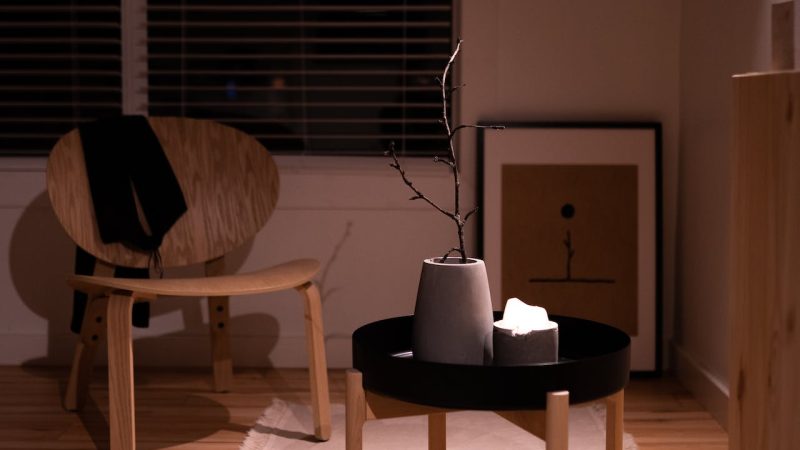Can Home Improvements Be Tax Deductible?

If you are like most homeowners, you probably have a laundry list of things that you need to do around your home. From minor repairs to home improvements, every homeowner has projects to complete. However, home improvements and other projects are expensive. With the costs of supplies and building materials today, a project around your house could mean a significant investment. As a result, many people often wonder if home improvements are tax deductible.
In general, you cannot deduct the cost of home improvements. The majority of remodels, renovations, improvements, and repairs to your home are considered personal expenses, which are not tax deductible. However, in some cases, you might be able to impact your tax responsibilities due to home improvement expenses. Let’s look at a few situations when home projects can factor into your taxes.
Tax Basis

Money that you spend on your home can be placed into two categories. For tax purposes, the cost of home improvements is different from the cost of repairs. Capital improvements are projects that add value to your home, prolong its life, or adapt it for new uses. While there is no exhaustive list of qualified capital improvements, things such as building an addition, adding a new swimming pool, building a new roof, or installing a new central air HVAC system would qualify. For older homes, if you decide to get the foundation repaired and waterproofed with help from a St. Charles county foundation repair company, that could count as a capital improvement as well. Since waterproofing and repairs can increase the value of a home, not to mention prolong its life, they should ideally fall into the category. Capital improvements might also include adding an extra water heater, installing storm windows, or putting in an intercom or home security system. These kinds of improvements can be added to your tax basis.
Your tax basis is the amount of money you’ll be able to subtract from the sales price of your home to determine your profit. This will help to reduce your tax liability should you sell your home. According to current law, the first $250,000 of profit from the sale of your principal residence is tax-free. That number increases to $500,000 for couples. If you sell your home for a larger profit, you will be required to pay a capital gains tax. However, if you keep detailed receipts for your improvement projects, you can subtract those costs from the final sales price of your home. Be sure to invest in some good tax folders to hold all of your invoices and receipts.
Home Office

Home projects can be tax deductible if they qualify as part of your home office deduction. To qualify for a home office deduction, you must have a legitimate business that is based out of an area in your home. This part of your house must be used exclusively and regularly for your business. However, if you qualify for a home office, you can deduct 100 percent of the cost of improvements you make to your home office.
If you have clients or customers visiting your home office, you may need to invest in other renovation projects such as a bathroom remodel. If you need a bathroom for your business, you can write those expenses off as a part of your home office. Depending on where you live, you can search for “bathroom remodeling Odessa, TX,” for example, to find a contractor willing to do the work. Their fees and charges will be tax deductible if they are related to your home office operations.
Aside from the scenarios discussed, certain energy-saving home projects such as adding solar panels or installing specific energy-efficient equipment can yield a tax break. In general, improvements and projects around your home are not tax deductible unless they are part of your home business. While you can use the cost of capital improvements toward your tax basis, you won’t be able to use it unless you sell your home. You should consult with a tax professional if you have specific questions about your situation.https://livechat.messagebird.com/index.html?







